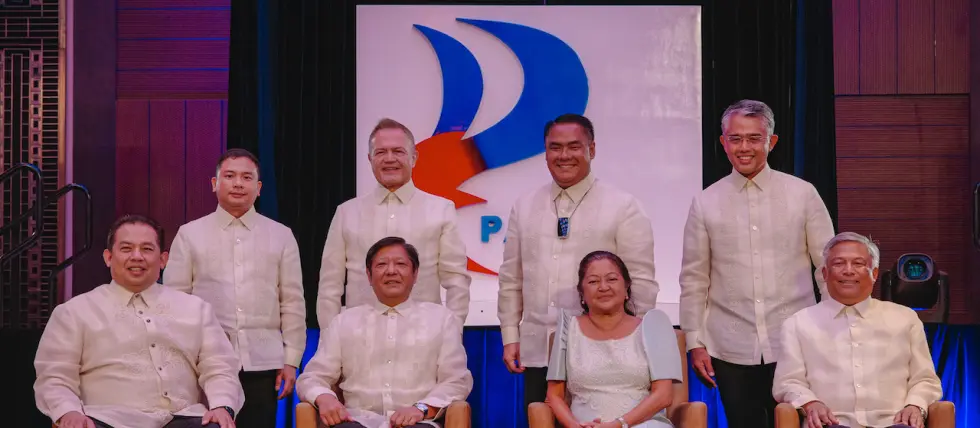Philippine Bill Would Dissolve PAGCOR in Favor of PAGCOM
The Philippine House of Representatives is considering a bill that would shake up the country's gaming industry. The proposal, championed by Representative Jonathan Keith Flores, chair of the House Committee on Government Reorganization, seeks to abolish the Philippine Amusement and Gaming Corporation (PAGCOR) and replace it with a new regulatory body, the Philippine Amusement and Gaming Commission (PAGCOM).

PAGCOR currently holds a dual role, acting as both the regulator for casinos and other gaming activities in the Philippines and as an operator of its own chain of casinos known as Casino Filipino. The proposed bill would dismantle this structure, with PAGCOM assuming solely the regulatory responsibilities. This separation of duties is a key aspect of the bill, aiming to create a more transparent and independent regulatory environment for the gaming industry.
The proposal goes further than simply restructuring PAGCOR. It also mandates the privatization of all existing PAGCOR operations, including its land-based casinos and online gaming ventures.
The privatization is expected to generate significant revenue for the government and potentially attract new investments in the casino sector. PAGCOR has already expressed its commitment to privatizing its Casino Filipino chain, and this bill would accelerate that process.
More Taxes for the Government
A crucial point of the legislation concerns the allocation of taxes collected from future casino operations. Under the bill, PAGCOM would levy a 5% gross revenue tax from casino operators. This tax stream would likely be directed towards the national treasury.
However, the bill also proposes a 25% tax on the aggregate gross earnings of casinos. This would be divided for specific purposes. A portion would be allocated to "priority projects of the local government unit hosting the gaming facility," with the aim of directly benefiting the communities where casinos are located.
More Business News
Another portion would be directed towards the "establishment and operation of rehabilitation centers for the treatment of addictions." This allocation acknowledges the potential social costs associated with gambling and aims to mitigate them by providing resources for those struggling with addiction.
The remaining portion of the 25% tax would be used to fund "other priority social services programs of the national government." This broad category allows for flexibility in addressing various social needs, potentially encompassing areas like education, healthcare, or poverty alleviation. The specific allocation of these funds would likely be determined through future legislation.
A Long Time Coming
The elimination of PAGCOR, which began at least five years ago, has sparked debate within the Philippines. Proponents argue that the restructuring of PAGCOR and the privatization of its casinos will lead to increased transparency, attract new investments, and generate additional revenue for the government. They also emphasize the potential benefits of the proposed tax structure, which would channel significant resources toward local communities, addiction treatment, and broader social programs.
Opponents of the bill raise concerns about the potential negative impacts of privatization, including job losses or a decline in regulatory oversight. Additionally, some question the effectiveness of the proposed tax structure, particularly the allocation of a large portion of revenue towards social programs, given potential challenges in ensuring efficient and accountable use of these funds.
The proposal is currently under deliberation by the House Committees on Government Reorganization and Games and Amusement. If passed by the House, it would then move to the Senate for further consideration. The future of PAGCOR and the Philippine gaming industry hinges on the outcome of this legislative process.
RELATED TOPICS: Business
Most Read
Must Read
 Interviews
Interviews
Sweepstakes Casinos: Thriving in an Ever-Changing Industry – Interview with Attorney Stephen C. Piepgrass
Feb 17, 2025 Interviews
Interviews







Review this New Post
Leave a Comment
User Comments
Comments for Philippine Bill Would Dissolve PAGCOR in Favor of PAGCOM